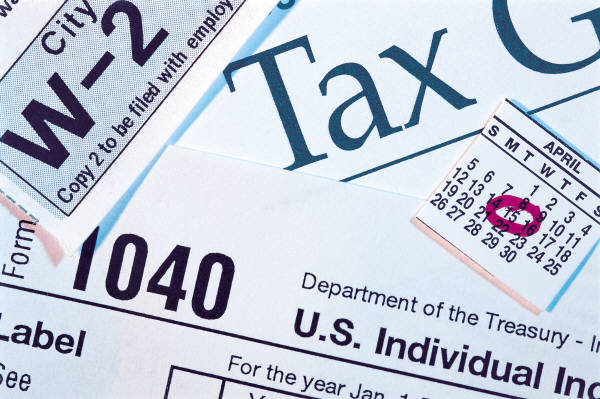If your homeowners association doesn’t carry Directors and Officers Liability insurance, it should.
If you serve on a homeowners association (HOA) board—or are considering it—then you need to know about Directors and Officers (D&O) Liability insurance. While your HOA has general liability insurance, this does not mean that you are personally covered from claims made against you while serving on your association’s board.
But D&O insurance does. This type of liability insurance covers directors and officers in their individual or group capacity as acting board members against third-party financial damages.
When might you be sued as an HOA board member? Claims can range from slander to failing to collect assessments. Typically claims involve mismanagement of funds, discrimination and wrongful termination.
When reviewing D&O insurance plans, your HOA should be aware of:
- Who is covered in the policy. At a minimum, you’ll want a policy that covers all of your officers and directors. In addition, some policies cover employees and committee members. A few also cover volunteers. Some policies exclude specific individuals, so be sure to determine this as well. .
- What the policy covers. Most policies will not cover acts where board members knowingly violated a state or federal law, or went against the HOA’s governing documents. But the policy should cover board members against claims of breach of fiduciary duty. Also check to see if the policy covers wrongful acts that result in injury or punitive damages.
- When the policy begins. Your policy should pay to defend board members and cover any judgment entered against them. But it may require board members to pay their legal fees or damages up front, and then seek reimbursement.
- How much coverage you need. At a bare minimum, your policy should be one million dollars. Talk with an insurance broker to get an idea of the amount of coverage right for an association of your size and with your reserves. Be sure your policy amount is realistic, even if your HOA runs a lean budget. While you may not want to be over-insured, you definitely don’t want to be underinsured.
As a board member of your HOA, it is your responsibility to know and understand your association’s governing documents, to be well informed when making decisions on behalf of your HOA, to be reasonably aware of HOA activities and to act in the best interest of your association. Follow these guidelines and you may never have to use your D&O policy. But you’ll be glad it’s there in case you do!
This article contains general information. Individual financial situations are unique; please, consult your financial advisor or tax attorney before utilizing any of the information contained in this article.
Related Articles
- Should You Hire An HOA Management Firm?
- How To Collect Delinquent HOA Dues And Fees
- Should Your HOA Invest Its Reserves?
- 6 Steps To Create An HoA Board Resolutio
- HOA & Homeowner Association FAQ
- How to Start a Neighborhood Association
- HOA Website Can Save Money And Increase Communication
- How Neighborhood Assoc Websites Can Increase Participation
- A Condo Association Website Can Facilitate Communication
- Neighborhood Watch-How to Start One!
- Utilizing a Neighborhood Watch Website
- An Effective Meeting Agenda
- Funding a Reserve Study
- HOA Maintenance - Who Has Responsibility for What?
- Budget Preparation Tips
- Directory of Association Articles
 Print
Print Email
Email









